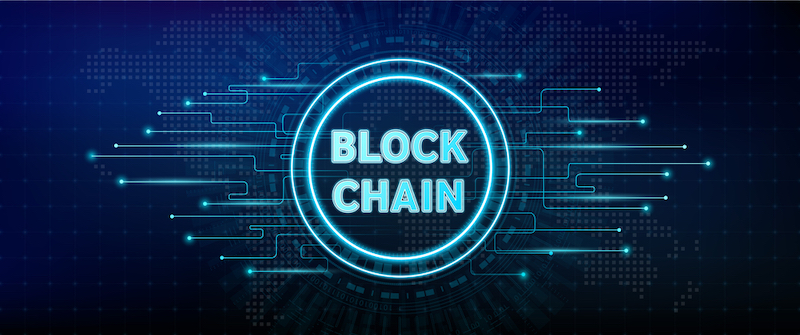Branded Content by Cosmic Press
The emergence of blockchain technology has resulted in various governance models being developed to support good governance and decentralization. Blockchain and cryptocurrency expert Matthew Sgherzi says one of these innovations is decentralized autonomous organizations, better known as DAOs.
An increasing number of blockchain projects now integrate DAOs so that governance of their project can more easily be decentralized.
As Matthew Sgherzi says, “The ability for users to participate in a DAO with on-chain Governance brings the democratization and decentralization benefits of distributed ledger technology together, allowing users, projects, and protocols to benefit.”
The underlying infrastructure of different types of DAOs vary, but all are extremely important in transforming governance in the crypto world.
What are DAOs?
DAOs run on a specific protocol on blockchains autonomously and fully according to the rules that are encoded in smart contracts. DAOs don’t require any human intervention to operate, which is why they’re sometimes called “trustless” systems.
The frameworks for decision making seek to allow everyone to have access to the governance of the blockchain, instead of just a small group of people. In doing so, this allows the governing bodies to oversee how protocol resources are allocated, which ensures that the project is viable over the long term.
In addition, DAOs help create protocols and control assets, while also voting on group issues and developing special groups.
DAO Types
As mentioned, there are multiple types of DAOs, each of which operates a little differently and caters to a different structure, goal and vision.
There are both fully and semi-decentralized DAOs, for instance. Semi-decentralized ones combine elements of centralized and decentralized operations all in one, which solves some of the concerns that complete decentralization could present.
There are also collaborative DAOs and forked DAOs, which are used in specific instances depending on the need and aim of the blockchain.
DAO Benefits
There are many benefits DAOs provide to transform governance in the crypto world.
As Matthew Sgherzi says, “In a world where democratization is more and more questionable, on-chain Governance cannot be manipulated. This gives a sense of assurance to users that there is a true voice among the community, as opposed to electoral efforts off-chain that end up resulting in questionable outcomes.”
Decentralization is perhaps the most important benefit that they provide. No longer is there a single failure point present, as DAOs spread the power across the entire network. It often results in decision-making processes that are fairer, while also reducing the risks that are typically associated with a centralized system.
Since all actions are recorded on the blockchain, DAOs are extremely transparent. There’s never a question about transparency or accountability, which helps to increase trust among all stakeholders.
It also results in operational costs that can be significantly reduced, thanks to the usage of smart contracts and the reduced reliance on intermediaries. Because of this, most processes are able to be either streamlined or even eliminated altogether.
Two other major benefits as they pertain to cryptocurrency, Matthew Sgherzi says, are added security and the ability for people to collaborate around the globe.
The first part of that is a much-discussed item in cryptocurrency, since all transactions are completed entirely on the internet. With so many bad actors out there, having enhanced security helps to increase trust in the project.
Finally, DAOs allow for collaboration to happen across borders seamlessly. This is a key component to the success of any cryptocurrency project — helping to foster a financial environment that isn’t bound by geographical barriers.
About Matthew Sgherzi
Matthew Sgherzi is an entrepreneur with a knack for trendspotting. Holding a degree in Information Systems from National University, he is known for navigating emerging trends ranging from Amazon FBA to cryptocurrency and Web3 technology.
Sgherzi is also dedicated to philanthropy and public service, serving as a previous Elder and current IT Administrator at his community Church and supporting the James Project in Central America. Matthew’s contrarian approach sets him apart in the entrepreneurial landscape, consistently capitalizing on emerging opportunities.
Branded content furnished by our promotional partners. The Daily Sundial editorial staff is not involved in its production. Content does not reflect the views or opinions of the editorial staff.








